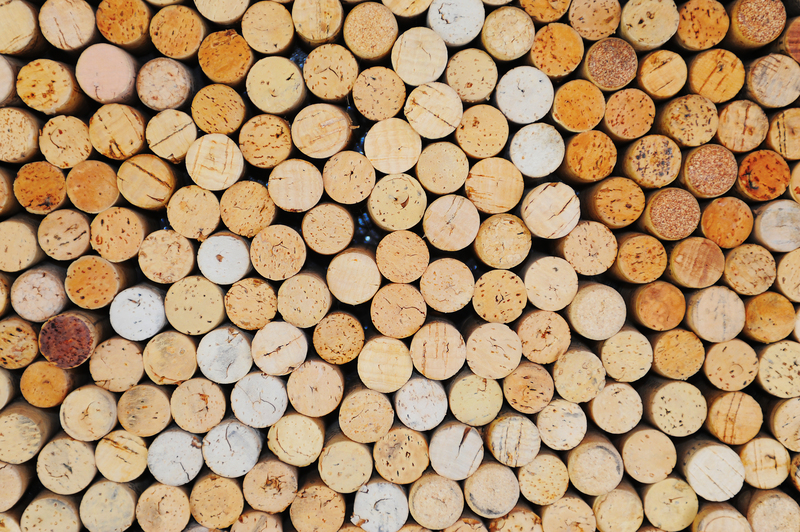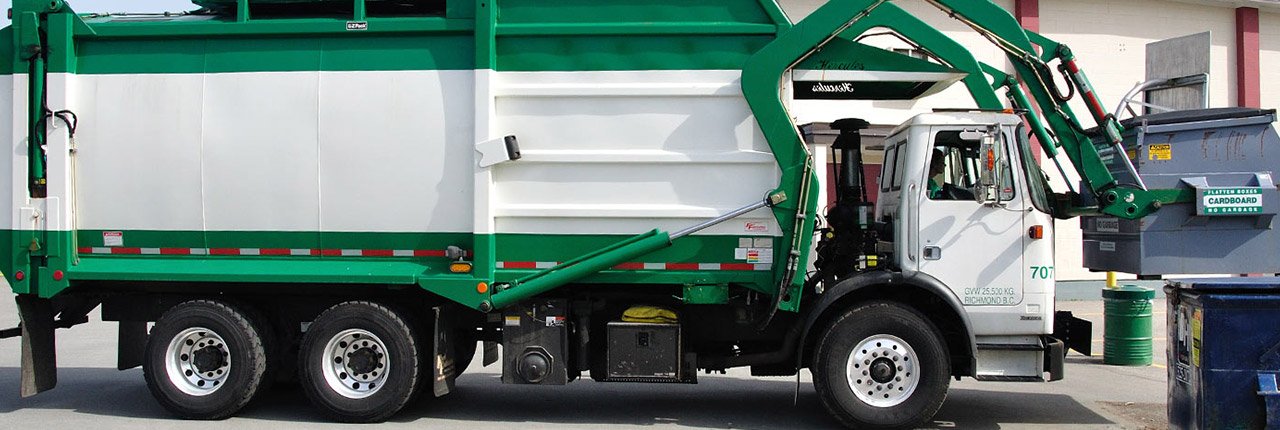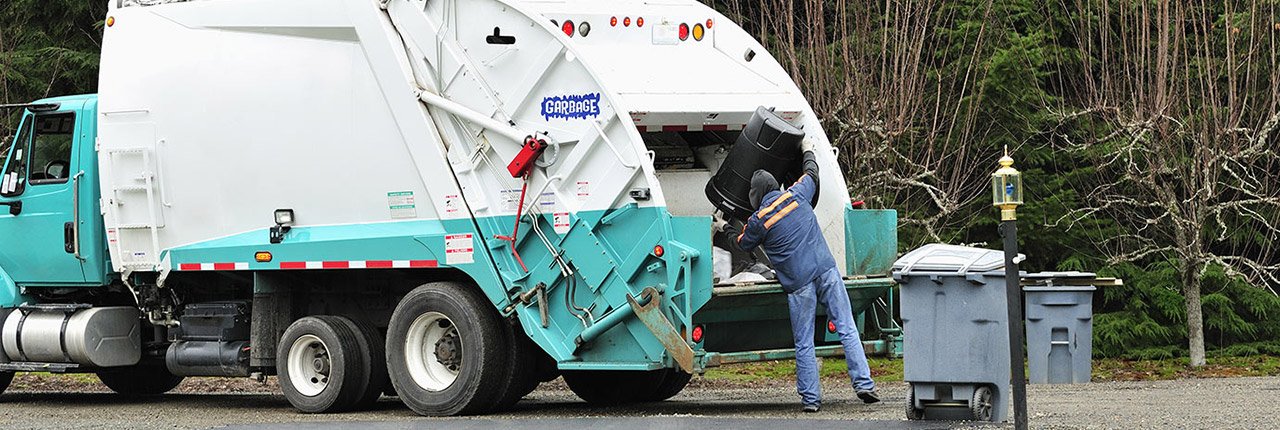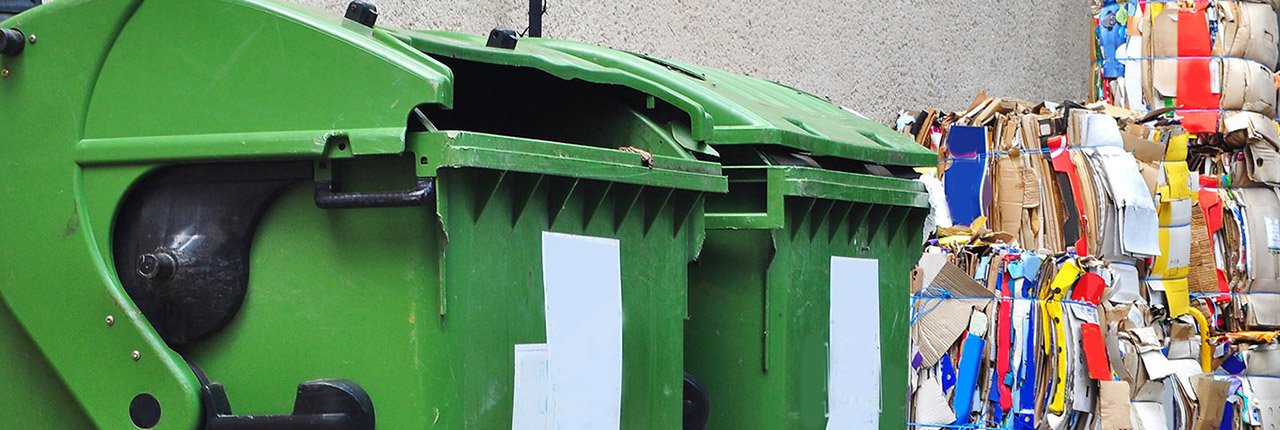Tips for Slashing Your Plastic Waste Usage
Posted on 13/06/2025
Tips for Slashing Your Plastic Waste Usage
Plastic pollution has emerged as one of the most significant environmental challenges of our time. As plastic accumulates in oceans, rivers, and landfills, it endangers wildlife and disrupts ecosystems. Thankfully, each of us has the power to make a difference. By embracing mindful habits and adopting sustainable alternatives, you can drastically cut down your reliance on single-use plastics. This comprehensive guide shares practical tips for slashing your plastic waste usage, helping you contribute to a cleaner, greener world.

Understanding the Need to Reduce Plastic Waste
Why does cutting back on plastic matter so much? Here are some eye-opening facts:
- Over 300 million tons of plastic are produced every year globally.
- At least 8 million tons of plastic ends up in the oceans annually, harming sea life.
- Most plastics never fully biodegrade, instead breaking down into microplastics that enter food chains.
Reducing your plastic use not only protects wildlife but also safeguards human health. Now, let's explore actionable strategies for minimizing plastic waste in everyday life.
Simple Lifestyle Changes to Cut Down Plastic Use
Small adjustments can have a major impact when it comes to reducing plastic in your daily routine. Here are some plastic waste cutting tips you can incorporate starting today:
Invest in Reusable Bags
- Carry cloth or canvas shopping bags for groceries and retail purchases.
- Remember to bring your own produce bags or mesh pouches for fruits and veggies.
- Keep reusable bags in your car or by the door as a reminder.
Did you know? An average family takes home nearly 1,500 plastic shopping bags every year! Making the switch to reusable bags can slash your dependence on plastic instantly.
Choose Refillable Bottles and Cups
- Opt for a stainless steel or glass water bottle instead of buying disposable plastic bottles.
- Bring a reusable travel mug to your favorite coffee shop; many cafes offer discounts for eco-conscious patrons.
- Skip plastic straws by using metal, bamboo, or silicone alternatives.
Making these changes can keep hundreds of plastic bottles and cups out of landfills each year.
Avoid Plastic Packaging
- Shop at bulk stores where you can fill your own containers with grains, pasta, snacks, and more.
- Pick loose produce over pre-packaged fruits and vegetables whenever possible.
- Seek out items packaged in glass, metal, or cardboard instead of plastic.
When you make mindful choices at the store, you're supporting the shift toward sustainable packaging.
Switch to Bar Soap and Shampoo Bars
- Replace liquid hand and body soaps in plastic bottles with bar soap wrapped in recyclable paper or boxes.
- Try shampoo and conditioner bars, which last longer and cut down on bottle waste.
- Look for brands that offer compostable or plastic-free packaging.
Personal care products are a major contributor to bathroom plastic waste--this change makes a big difference.
Embrace Reusable Food Storage Solutions
- Store food in glass jars, stainless steel containers, or silicone bags instead of single-use plastics.
- Cover leftovers with beeswax wraps instead of cling film or plastic wrap.
- Pack lunchboxes with sturdy, washable alternatives to sandwich bags and disposable cutlery.
These straightforward swaps dramatically reduce waste in your kitchen.
Creating a Plastic-Free Home
Develop a long-term strategy by creating a home that's designed for plastic-free living. Here's how to transform each room:
Kitchen
- Use wooden or metal utensils instead of plastic ones.
- Buy condiments, oils, and drinks in glass bottles when you can.
- Compost food scraps to reduce the need for plastic trash bags.
- Switch to biodegradable sponges and dish brushes.
Bathroom
- Install water filters to avoid bottled water.
- Choose toothbrushes made from bamboo or recycled materials.
- Opt for dental floss housed in glass or refillable containers.
- Seek out razors with replaceable heads rather than disposable plastic versions.
Laundry and Cleaning Supplies
- Use laundry detergent sheets or refillable powder instead of liquid in plastic jugs.
- Make your own natural cleaning products with simple ingredients like vinegar and baking soda.
- Purchase reusable cleaning cloths instead of synthetic wipes.
Gradually replacing single-use plastics in your home not only reduces waste, but also often saves money and supports your health.
Plastic-Free On-the-Go: Tips for Outside the House
It's easy to slip back into old habits when you're traveling, at work, or dining out. Here are steps to maintain your plastic reduction routines when on the move:
Pack Thoughtfully
- Bring a reusable cutlery set when eating out or ordering takeout.
- Carry a foldable tote bag or two for impromptu shopping.
- Store snacks in compact, reusable containers to avoid plastic wrappers.
Shop and Dine Eco-Consciously
- Politely decline plastic straws, cutlery, and bags at restaurants or stores.
- Support businesses that use compostable, recyclable, or reusable packaging.
- Bring your own cup for drinks or reusable container for leftovers.
Pro Tip: If a retailer is handing out plastic bags, kindly ask for paper or use your own reusable bag whenever possible.
Travel and Commute with Less Plastic
- Refill your own bottle at water stations or fountains during travels.
- Pack snacks in cloth wraps or metal tins for road trips or flights.
- Choose bulk snacks or shareable portions to avoid single-serve plastic packaging.
Mindful Shopping: Supporting Sustainable Brands
The choices you make at checkout have a ripple effect. Here's how to be a more sustainable consumer and amplify your impact:
Look for Eco-Friendly Certifications
- Check for packaging labeled "biodegradable," "compostable," or "plastic-free".
- Seek brands with trusted certifications like Certified B Corp or 1% for the Planet.
Support Bulk, Local, and Refill Shops
- Purchase at zero-waste stores that allow you to bring your own containers.
- Support farmers markets or local producers who use less packaging.
- Look for refill stations for detergents, soaps, and basic staples.
Choose Durable Over Disposable
- Select durable, long-lasting goods over cheaply-made plastic alternatives.
- Invest in items that can be repaired instead of discarded.
- Borrow, rent, or share infrequently-used items to cut down on single-use plastic purchases.
Get Creative: DIY Ideas to Reduce Plastic Consumption
Making your own home goods is a fun and rewarding way to slash plastic usage. Try these simple projects:
- Homemade cleaning sprays in reusable glass bottles with vinegar, baking soda, and essential oils.
- DIY beauty products like sugar scrubs and moisturizers with reusable or compostable packaging.
- Beeswax food wraps to replace cling wrap - a simple evening craft that pays off for months.
- Create reusable produce bags from old fabric or t-shirts.
These eco-friendly hacks not only save money, but also reduce your reliance on store-bought items packed in plastic.
Educate and Influence Others
While personal action is crucial, inspiring others multiplies your impact:
- Share your journey on social media to raise awareness about plastic waste.
- Gift friends and family starter kits with reusable straws, bags, and bottles.
- Organize or join local clean-up events in parks or beaches.
- Encourage your workplace, school, or community to adopt plastic reduction policies.
Your example can spark change and help build a widespread culture of sustainability!

What to Do With Existing Plastic?
We all have plastic products at home. Here's how to be responsible with them:
- Reuse sturdy plastic containers for storage, crafts, or gardening.
- Recycle plastics according to local guidelines and rinsed clean to ensure they are accepted.
- Donate usable plastic household items to thrift shops, daycares, or community centers.
- Upcycle old containers into planters or organizational bins.
Remember, the goal is not perfection, but progress. Every action to reuse, upcycle, or responsibly dispose of plastic counts.
Conclusion: Taking Steps to Reduce Your Plastic Waste Usage
By forming new habits, making mindful purchases, and supporting eco-friendly initiatives, you can effectively slash your plastic waste. The journey toward a plastic-free lifestyle begins with a single step--each choice to refuse, reuse, or substitute plastic sends a powerful message. Start small, stay consistent, and watch your efforts ripple outward into your community and environment.
Ready to reduce your plastic footprint? Begin with these tips for cutting plastic waste and enjoy the rewards of a greener lifestyle!
Additional Resources
- World Wildlife Fund: Plastic Free Resources
- Plastic Pollution Coalition
- Earth Day Network: End Plastic Pollution
Together, we can create a cleaner planet for generations to come by slashing our plastic waste usage--one habit at a time.
Latest Posts
Creative Ways to Introduce Kids to Recycling
The Evolution of Waste Management Through Ancient to Modern Times
Discovering the Basics: What Exactly is a Builder's Skip







